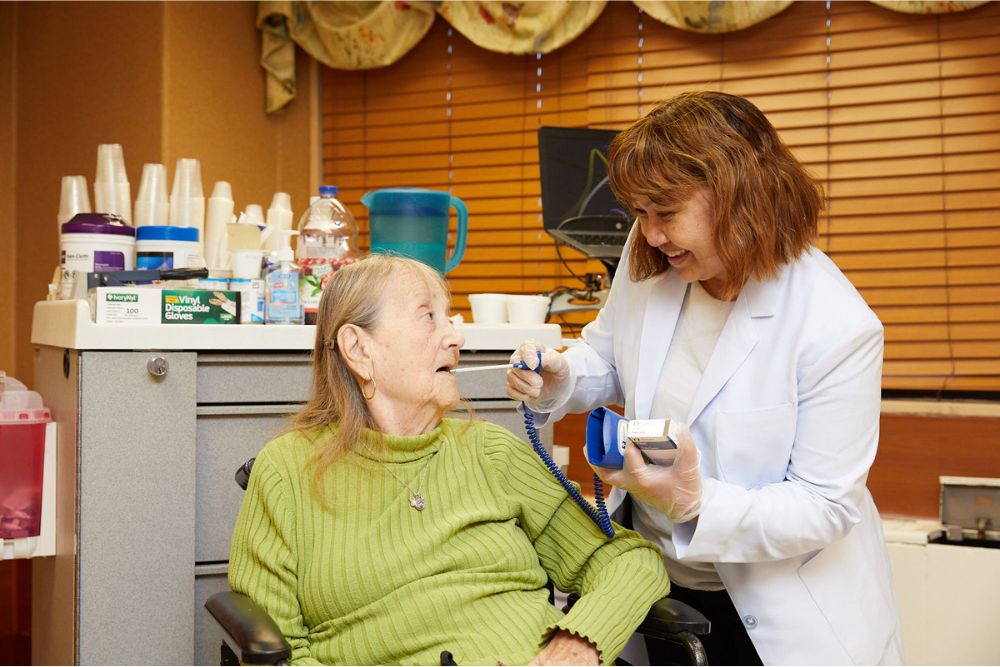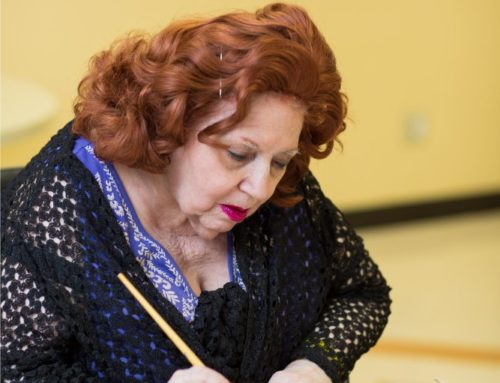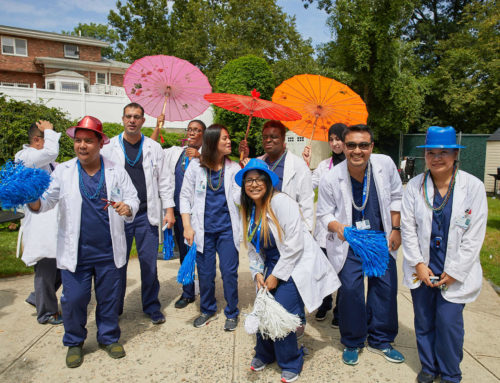Severe Pneumonia Recovery – Why You Might Need Rehab
Severe pneumonia is a serious condition that can potentially be life-threatening that requires immediate medical attention. Here are some important points to know about severe pneumonia. This type of pneumonia is characterized by more pronounced symptoms and complications that can significantly impact a person’s health. Severe pneumonia recovery can be a complex and challenging process. Pneumonia is an infection that inflames the air sacs in one or both lungs, and when it becomes severe, it requires prompt medical attention and treatment. When pneumonia becomes serious, hospitalization is necessary.
Severe pneumonia can weaken the body, particularly the respiratory system. So, you may need inpatient treatment and rehab after hospital. The rehab may include, rehabilitation therapy exercises, including breathing exercises, oxygen therapy and physical therapy. These may be prescribed to regain strength, improve lung function, and restore overall fitness. You may also need respiratory care after hospital stay.
Here are a few key points regarding recovery.

Severe Pneumonia Recovery – Do You Need Rehab After Hospital?
Rehabilitation may be considered in the following cases:
- Prolonged hospitalization: If the severity of pneumonia necessitates a prolonged hospital stay, it’s possible that muscle weakness, and loss of physical function can occur. In such cases, rehabilitation may be recommended to help regain strength after pneumonia and restore physical abilities. Extended periods of bed rest and inactivity during severe pneumonia can result in muscle weakness, loss of balance, and decreased overall physical fitness. Rehabilitation can help address these issues through exercises, physical therapy, and mobility training to improve strength, endurance, and functional abilities.
- Rehabilitation can stop pneumonia from coming back: In some cases, pneumonia does come back when the body is extremely weakened. Preventing pneumonia from recurring involves taking proactive measures to reduce the risk of infection. While it’s not possible to guarantee complete prevention, there are several steps that can minimize the likelihood of pneumonia recurrence.
- Activities of Daily Living (ADLs): Severe pneumonia and the recovery process can impact an individual’s ability to perform daily activities independently. If there are difficulties with tasks such as dressing, bathing, or walking, occupational therapy and rehabilitation can assist in restoring functional independence and promoting self-care.
How long is rehab after pneumonia?
The timing and duration of rehabilitation can vary depending on individual needs. Rehabilitation programs may involve a combination of physical therapy, occupational therapy, respiratory therapy, and other specialized interventions. The goal is to tailor the rehabilitation plan to address specific impairments, optimize functional recovery, and improve overall well-being.
It’s crucial to remember that recovery from severe pneumonia can be a gradual process, and it’s normal to experience ups and downs along the way. Patience, self-care, and seeking support from healthcare professionals can help optimize the recovery process.
Remember, the severity of pneumonia and the recovery process can vary from person to person. Factors such as age, overall health, the presence of underlying conditions, and the promptness of medical intervention can all influence the recovery timeline and outcomes.
This article contains informational and educational materials and does not replace health or medical advice. For questions or concerns regarding your medical condition or health objectives, speak to a qualified physician or healthcare provider.






Leave A Comment